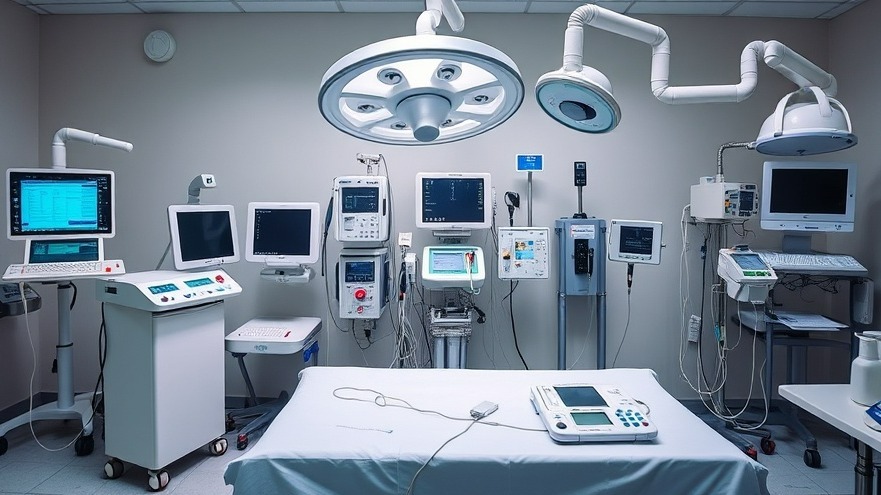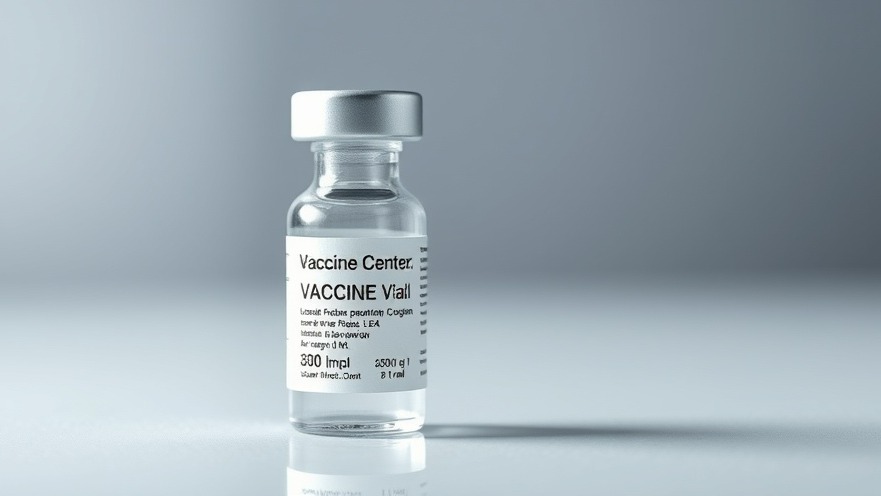
Understanding Today’s Medical Device Landscape
In an age where consumer expectations are rapidly evolving, the landscape of medical devices is shifting dramatically. According to a recent survey conducted by Propel Software involving 2,000 U.S. adults, there is a clear indication that consumers are no longer passive users of medical technology but are asserting their demands for transparency, support, and continuous innovation. This sentiment in the industry begs the question: How should medical device manufacturers adapt to this changing paradigm?
The Shift in Consumer Expectations
The survey findings reveal that nearly two-thirds of participants would opt for a competitor’s product if it promised better reliability or user experience. This alarming statistic underscores a pivotal shift from traditional notions of consumer loyalty to an environment where users feel entitled to make choices based on product performance. For concierge medical practice owners, understanding these dynamics is crucial, as it impacts how they select the medical devices that will support their business and patient care strategies.
The Demand for Usability and Innovation
One notable aspect of consumer feedback highlights the increasing demand for usability in medical devices. As healthcare becomes more decentralized, with an emphasis on home use and chronic care management, patients expect devices to be intuitive and user-friendly. Given this context, practices must consider whether the devices they choose not only meet clinical needs but also enhance patient experience.
Impact on Product Development and Marketing Strategies
As manufacturers respond to these consumer demands, the implications steadily ripple through product development and marketing strategies. Medical device companies must prioritize customer engagement and satisfaction, integrating feedback mechanisms that allow them to stay attuned to current needs. This approach not only enhances product reliability but also fosters trust among users who may be wary of new technologies.
The Imperative of Communication
Communication around product performance and improvements is essential. Transparency in how devices are engineered and upgraded can alleviate patient concerns and empower them to take more active roles in their health management. The practice of regularly updating patients about advancements equips them with the knowledge they need, ultimately influencing their decisions and loyalty to a healthcare provider.
Navigating the Regulatory Environment
Alongside these consumer-driven changes comes the ever-present need to navigate a complex regulatory environment. The FDA's evolving guidelines around medical devices demand attention and adaptability. For concierge practices, an awareness of these regulations is vital not just for compliance, but for making informed decisions about which devices to integrate into patient care.
Future Trends: Anticipating Change in Medical Practice
Looking ahead, the most successful concierge practices will likely be those that remain agile, anticipating and adapting to consumer needs and regulatory changes. Innovations such as AI-driven diagnostic tools and telemedicine platforms also stand at the forefront of the future trajectory for medical devices, demanding a proactive approach from practice owners.
Actionable Insights for Concierge Practices
To effectively meet growing consumer expectations, it is crucial for concierge medical practices to:
Stay informed about evolving medical device trends and capabilities.
Embrace transparency in how devices are used and updated.
Engage with patients through regular updates and educational outreach.
By adopting these strategies, practices can assure patient satisfaction while simultaneously boosting their reputation within the community.
This opportunity for engagement also poses a significant question: How are you equipping your practice to meet and exceed consumer expectations in the realm of medical devices?
 Add Row
Add Row  Add
Add 






Write A Comment